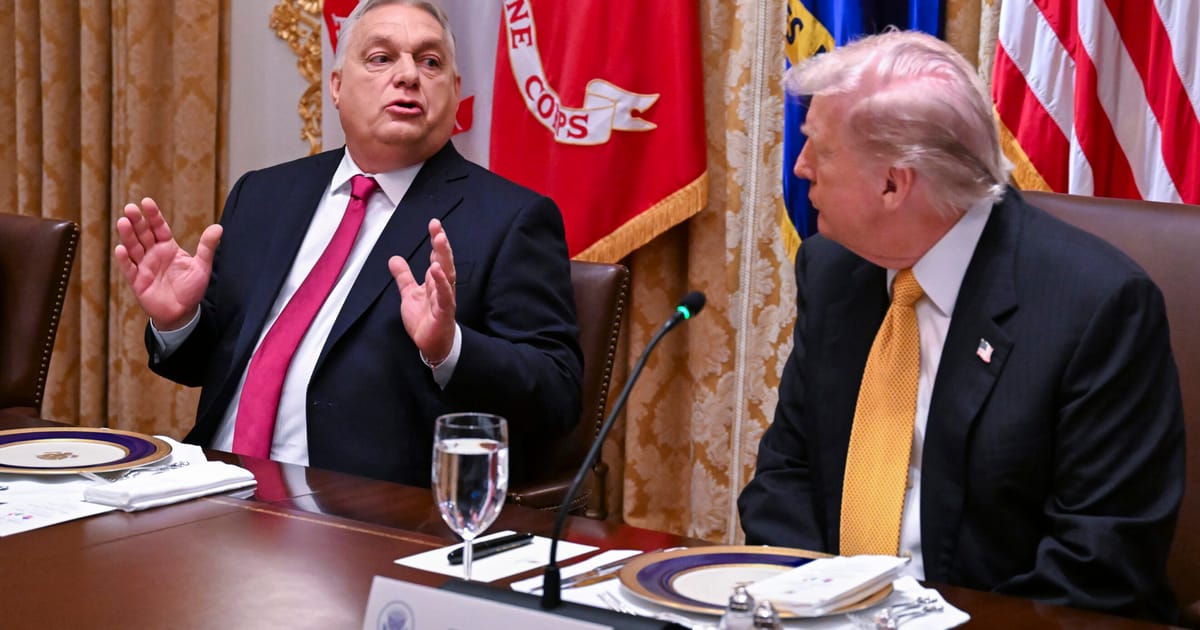Argentina parallels
The U.S.’s Argentina intervention was a success, politically, for Milei, whose party won a decisive victory on Oct. 27 in midterm elections allowing him to press ahead with his radical economic overhaul of the country.
Trump celebrated the outcome, saying the effort had “made a lot of money for the United States.” Bessent likewise said the U.S. investment had “turned a profit.” But the administration has released no details about the full scope of U.S. involvement or the returns it claims to have earned.
Trump’s rescue package has drawn political backlash in the U.S. from both Democrats and even some Republicans, who blasted the administration’s assistance for Argentina as a bailout for a political ally that may boost wealthy hedge funds while risking U.S. taxpayer dollars on a chronically bankrupt country.
Bessent said the Argentina intervention was aimed at countering China’s growing clout across Latin America and, more broadly, reasserting American economic power in the Western Hemisphere, comparing the U.S. effort in Argentina to an “economic Monroe Doctrine.”
Trump’s relationships with Budapest and Buenos Aires reveal clear parallels, and an effort to prop up key partners in regions where many leaders are not naturally allied with the U.S. president’s MAGA agenda.
The White House also sided with Orbán over the Hungarian leader’s refusal to stop purchasing Russian oil despite a European push to wean off Moscow’s exports, exempting Hungary from U.S. sanctions on Russian energy for one year following his meeting with Trump.
Further financial backing from Washington could embolden Orbán, a frequent thorn in the EU’s side, to take even stronger anti-Brussels positions.
Seb Starcevic reported from Brussels. Michael Stratford reported from Washington, D.C.
